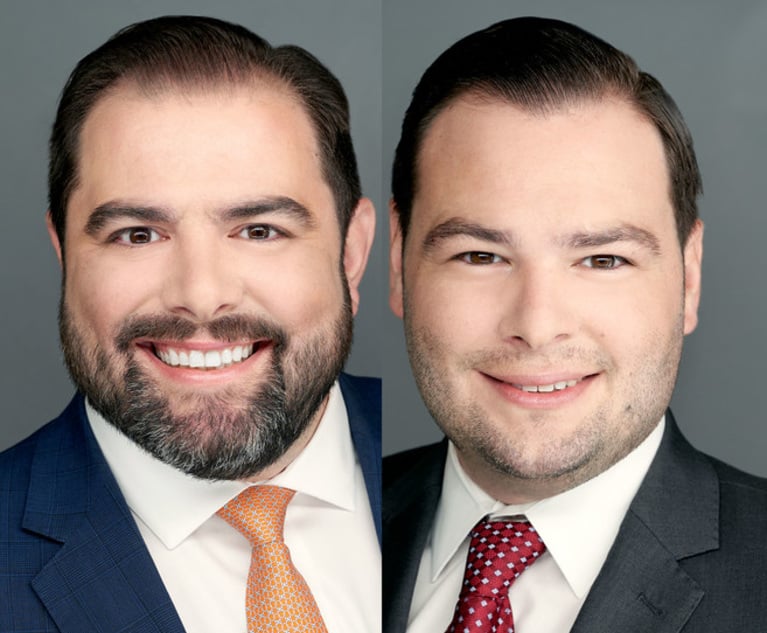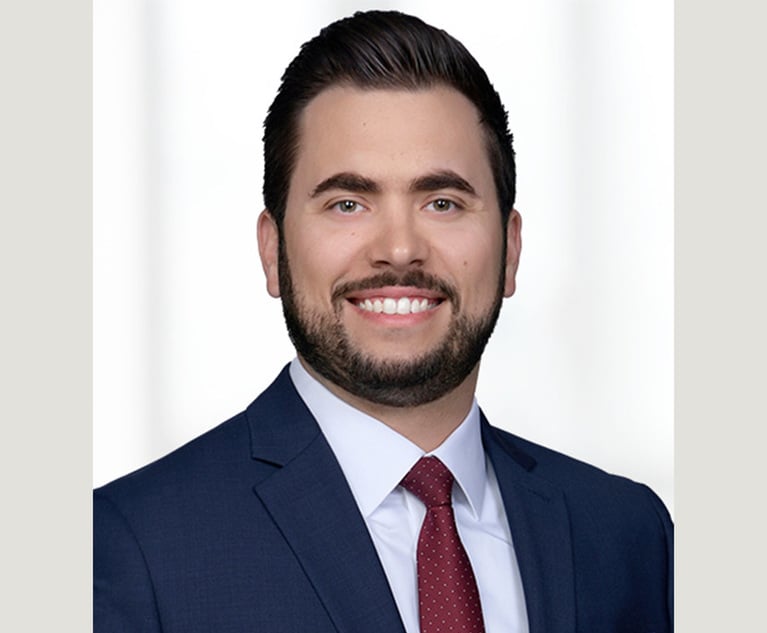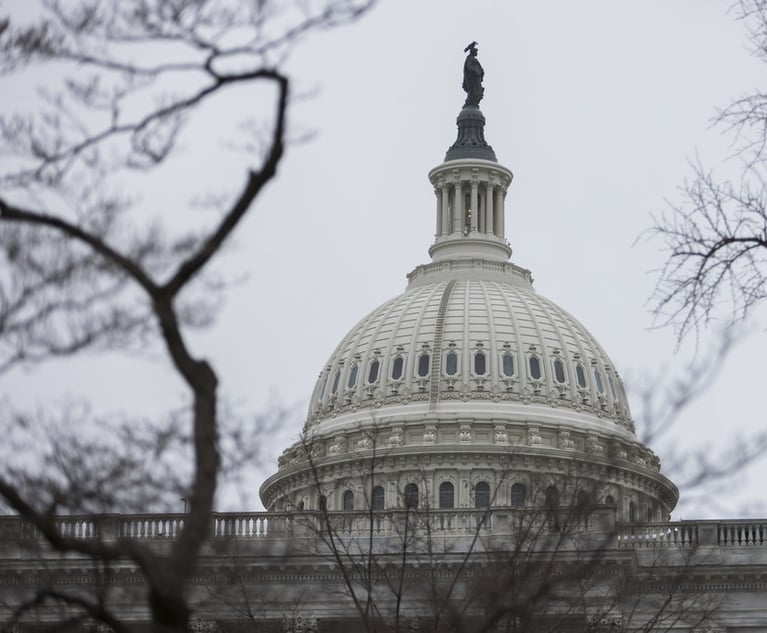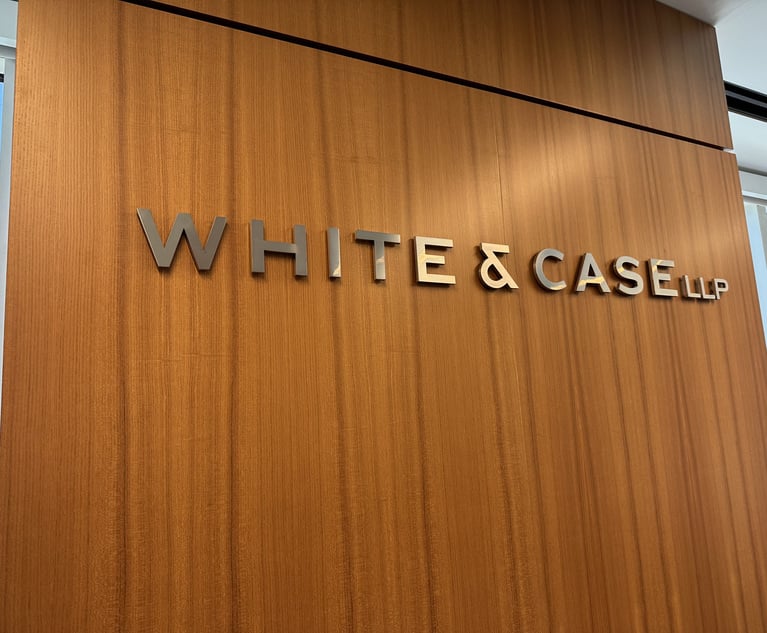While the missiles have paused from North Korea and the bombings have slowed in Afghanistan, the world is still a dangerous place. As a result, at any time our military of approximately 2 million men and women may be called into action. If it is, the impact could be felt right here at home by our commercial landlords especially those whose tenants are composed of businesses owned or operated by a sole proprietor or one or two employees. When the owners of such businesses or their employees are called into service, many times there is no one left behind to operate the businesses, resulting in the tenant closing temporarily or even permanently. When that occurs, can these individuals be held accountable for the unpaid rent during the time that their businesses close or, if permanently, for the duration of the lease term? During periods of economic expansion, landlords may have less concern about filling the space and making up the lost rent. But in times of economic hardship, the empty space may create a personal hardship for the landlord in meeting the financial obligations related to the property.
Residential tenants who are called to service can rely on Florida Statutes Section 83.682, which gives a service member the right to terminate his rental agreement with written notice at least 30 days after the landlord’s receipt of such notice provided certain criteria enumerated in the statute are met. However, this statute only applies to residential tenancies and does not protect the service member who is bound by a commercial lease. Accordingly, the landlord would still be able to hold those who serve accountable under their commercial leases.


 Andrew M. Dector of Shapiro, Blasi, Wasserman & Hermann.
Andrew M. Dector of Shapiro, Blasi, Wasserman & Hermann.




